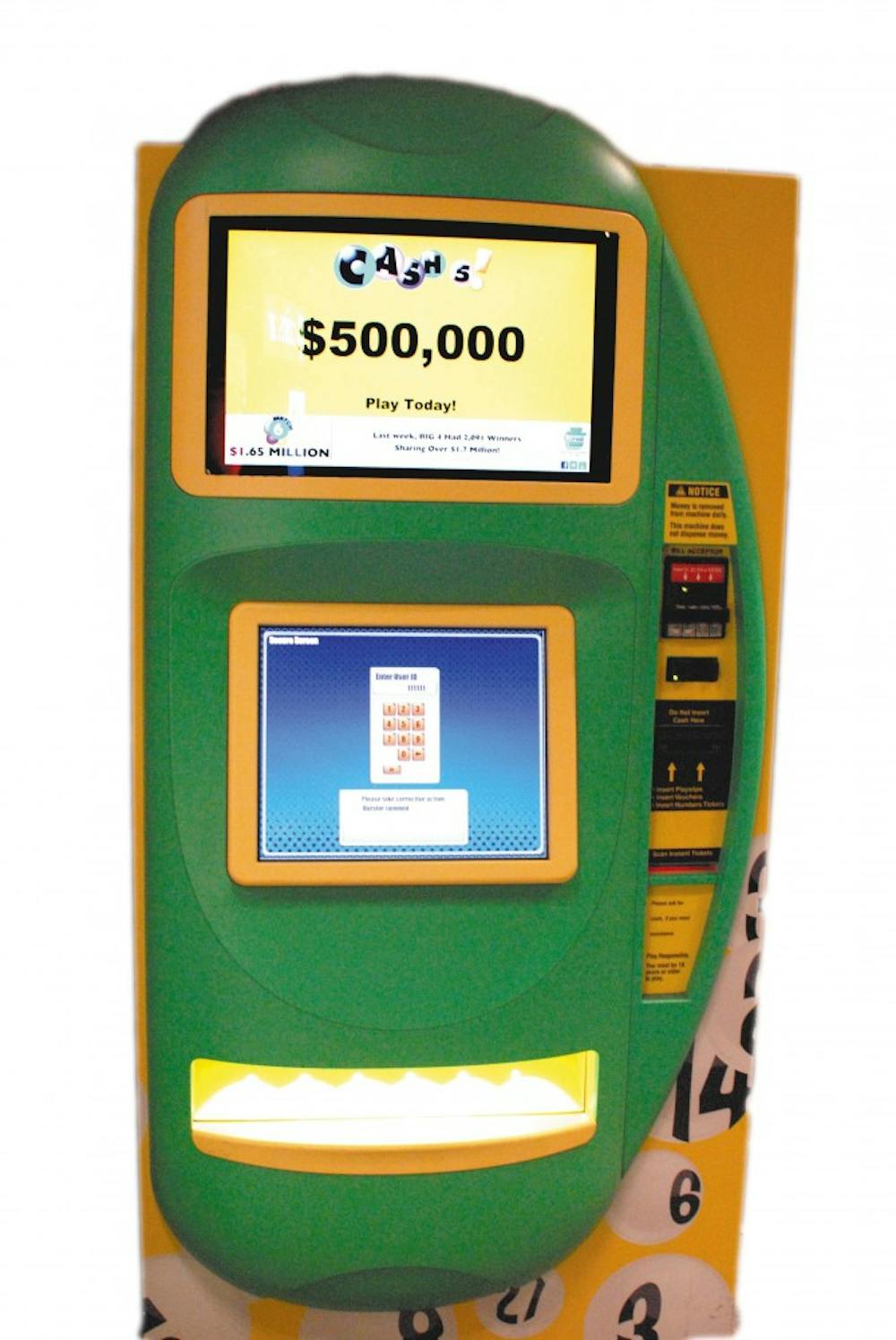Pennsylvania Gov. Tom Corbett announced Friday that the state would award a 20-year contract to Camelot Global Services to manage the Pennsylvania lottery.
The money from the lottery, which is currently managed by the state government, goes to programs and services for senior citizens.
However, Pennsylvania is in danger of being unable to meet the growing demand for these services. Supporters of the move say it will stabilize the financial health of essential services for seniors for the next 20 years.
The potential crisis is caused by Pennsylvania’s aging population. People over 60 years old will make up more than a quarter of the state by 2030, Pennsylvania Department of Aging spokesperson Christina Reese said.
“The lottery has been successful over the past couple years, but over the past eight to 10 years, they’ve had ups and downs in their sales,” Reese said. “So [the lottery] hasn’t been a predictable funding stream.”
Camelot — a British firm that runs the United Kingdom’s national lottery — has proposed to increase revenue by streamlining existing games and introducing new internet-based options, as well as keno, a bingo-like game, into bars and restaurants.
It has promised $1.8 billion more over the next 20 years than projections under government management, said Jay Pagni, a spokesperson for the Governor’s Budget Office. Department of Revenue spokesperson Elizabeth Brassell set the total at $34 billion over that time frame.
In addition, Camelot has offered $200 million in reserve funds to draw upon should the company fail to meet profit expectations in a given year.
However, despite the claimed benefits of privatizing the management of the lottery, critics of the proposed deal have been harsh.
“We had been kept out of this until the beginning of November,” said Dave Fillman, the executive director of Council 13 of the American Federation of State, County and Municipal Employees — the union that represents lottery workers.
The governor’s office disputed the union’s claim that it was not included in negotiations.
“At every single step of the process … we notified employees of the lottery,” Pagni said. “For the union to say they were not aware of this process is simply not true.”
Fillman added that the state currently employs more than 170 union workers — many of whom would not be guaranteed a job under Camelot’s proposed contract.
Under the union’s collective bargaining agreement, the state had to prove that privatizing management would be less costly, more efficient or technologically necessary. Fillman claims that the state has proved none of these.
He added that the lottery is coming out of a “banner year,” with net revenues exceeding $1 billion.
Pennsylvania Treasurer Rob McCord also questioned the legality of some of the new proposed games. He has expressed concern that the internet-based games and keno are considered casino games by state law, which would subject them to legislation — as opposed to the lottery, which is controlled by the executive branch.
“[Treasurer McCord] is legally bound only to dispense public money if the expenditure is in fact legal,” Director of Communications at the Treasury DepartmentGary Tuma said.
If McCord determines the games are not legal, “he would have a legal obligation not to pay the money to the private management company,” Tuma added.
Meanwhile, the governor’s office was emphatic in its proclamation of the legality of the new games.
“This is not an expansion of gambling,” Pagni said. The new games would be similar to scratch-off lottery tickets in that consumers — who would have to meet certain eligibility requirements, such as being 18 or older — would have to buy tickets at a retailer to play.
Pagni added that Camelot presented a comprehensive scheme to support gambling addicts and ensure only qualified buyers can play.
While the deal is expected to be finalized sometime this week, the impact on Penn’s campus is still unclear. It is possible that bars or restaurants on campus would add some of the games.
However, Kevin Kearney, owner of the Blarney Stone, said he would not add any lottery games.
“The last thing I want is to be paying the state more taxes,” he said. He added that he did not think mixing liquor and gambling was good business practice.



